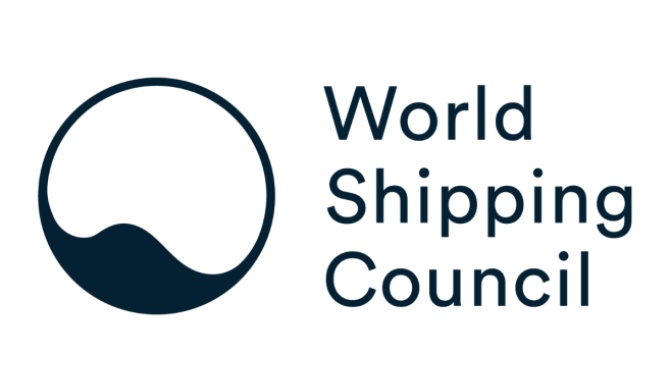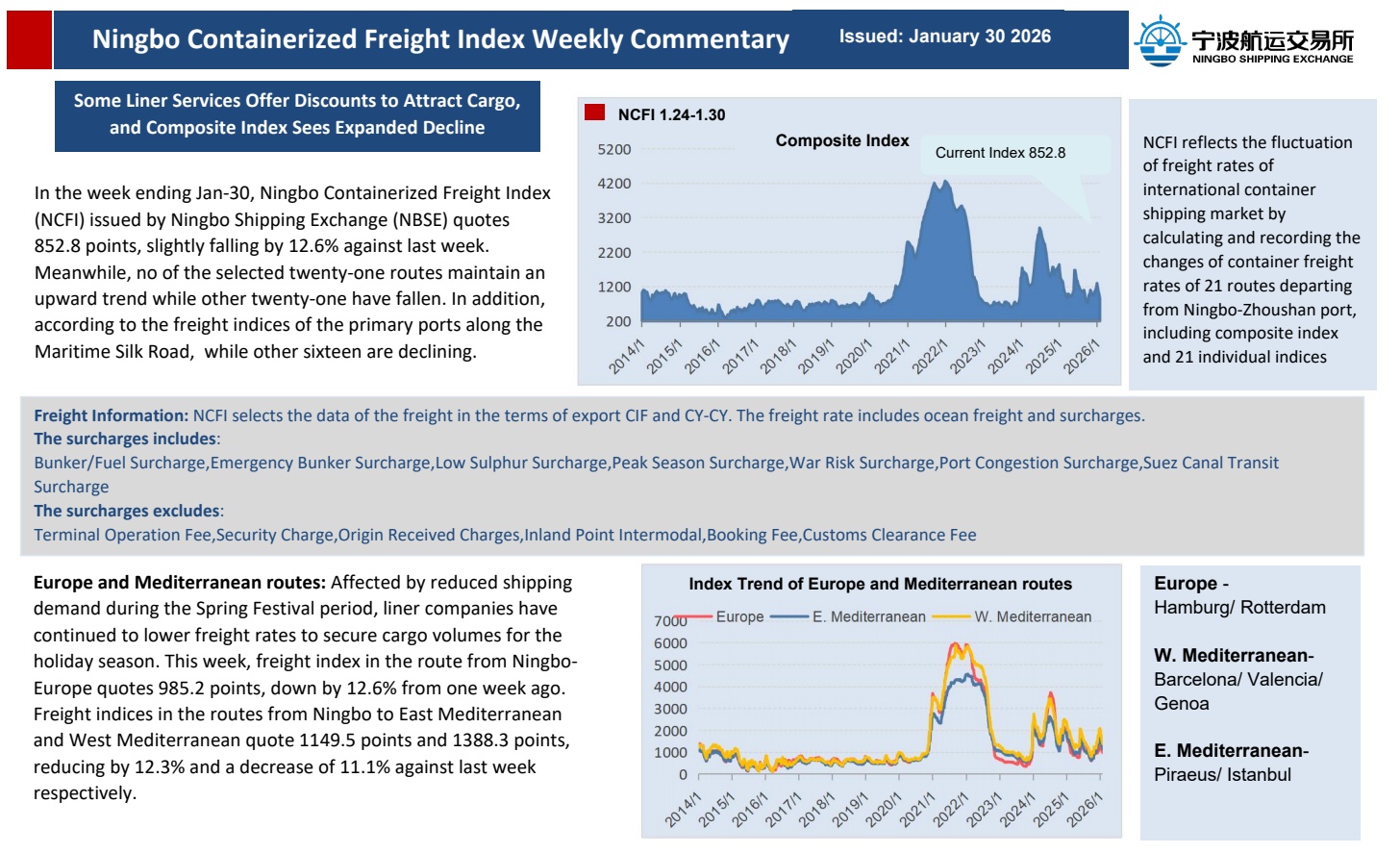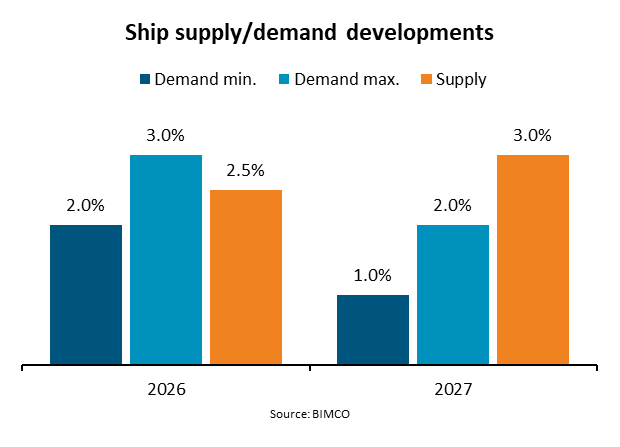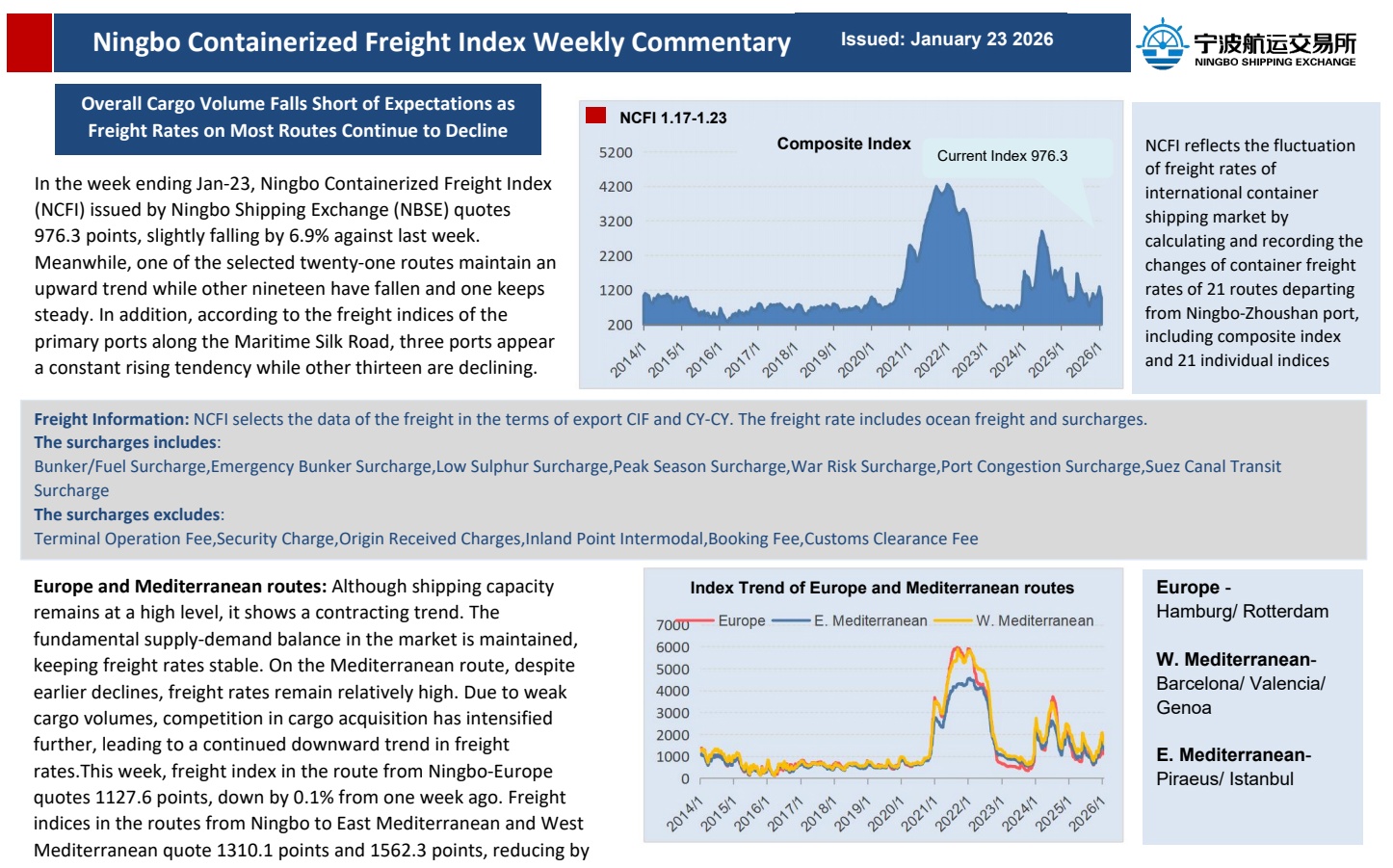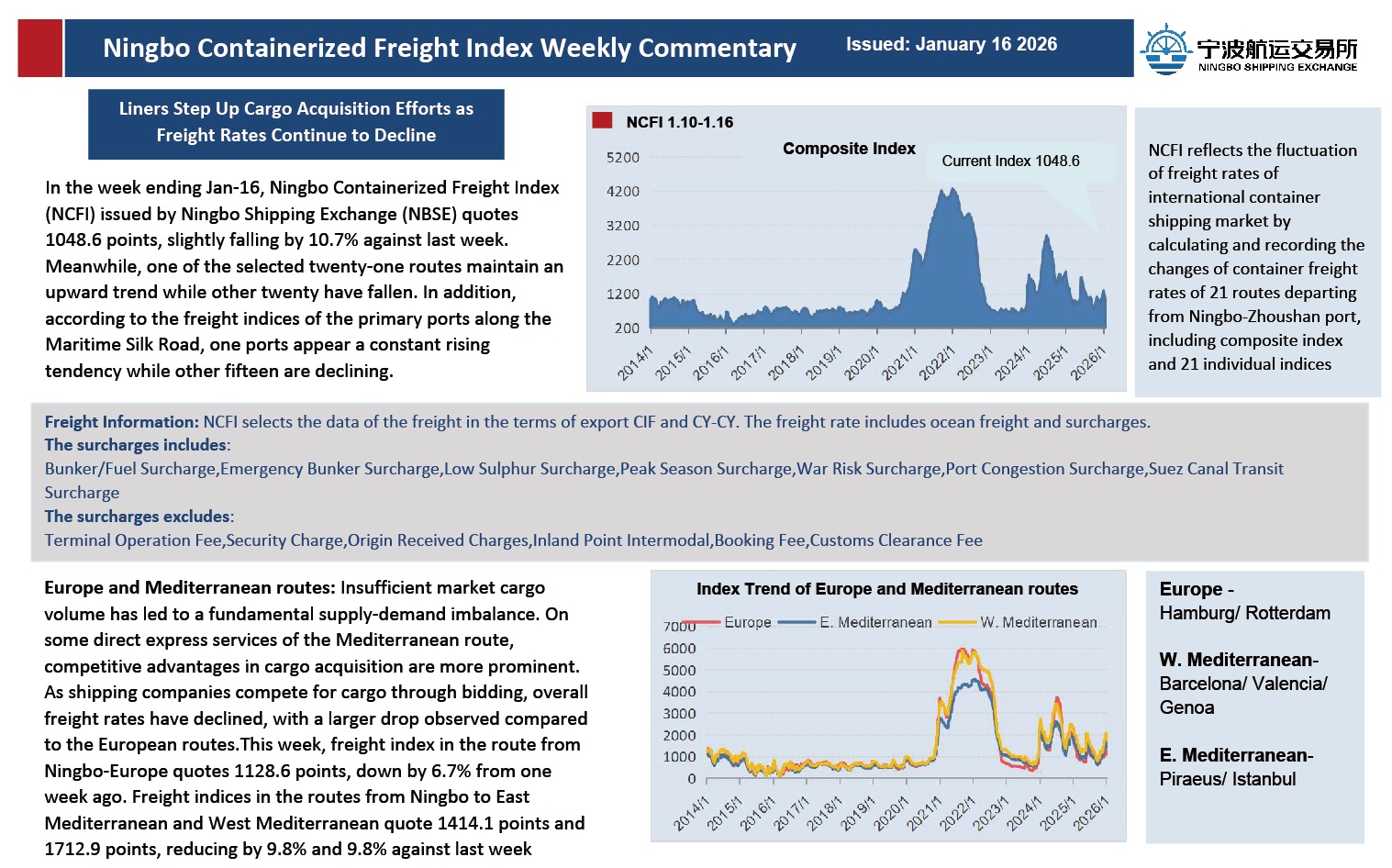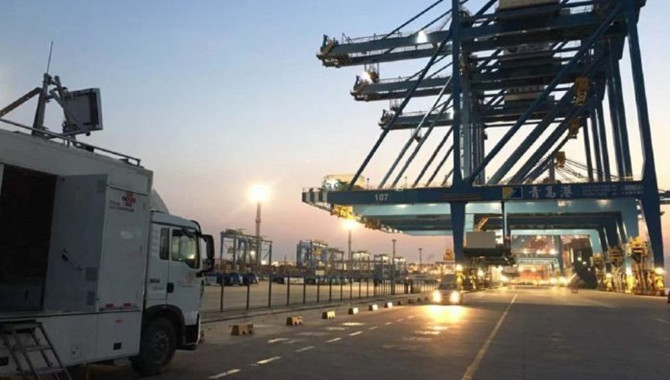
Chinese ports have apparently begun testing the ballast water of Japanese ships for radioactive material, after the Japanese government began releasing radioactive water from the quake-damaged Fukushima No. 1 Nuclear Power Plant in late August.
Ships have been informed that if too much radioactive material is found in their ballast water, they will be denied entry into China. However, no vessels have been turned away yet.
According to Kyodo News Agency, maritime safety administration officials in the ports of Tianjin and Shandong province, home to Qingdao, Weihai, and Rizhao ports, have been collecting and testing ballast water samples from Japanese cargo ships.
On 24 August, the Japanese government approved the controversial release of more than 1 million tonnes of the radioactive water, leading to backlash in China and South Korea.
The plan was also ratified by the International Atomic Energy Agency, which said there will be “negligible” impact on people and the environment.
The plan was also ratified by the International Atomic Energy Agency, which said there will be “negligible” impact on people and the environment.
The Japanese government asserts that the water has been treated to reduce tritium levels to less than one-40th of the concentration permitted under national safety standards before being released into the sea. Premier Fumio Kishida’s administration adds that releasing the water is part of the process to decommission the damaged power plant.
The Fukushima plant was damaged during the Great East Japan earthquake on 11 March 2011.
Ballast water is water that large ships take in from the sea or rivers when they are not carrying cargo. It is used to maintain the balance of the ship and prevent it from rolling over. The ballast water is discharged overboard when loading cargo.
There have apparently been no official announcements by the Chinese authorities that ballast water from Japanese ships. The testing of ballast water from Japanese cargo ships has yet to disrupt trade between China and Japan, and the Japanese government is said to be observing the situation.
Source: Container News
Source: Container News
The opinions expressed herein are the author's and not necessarily those of The Xinde Marine News.
Please Contact Us at:


